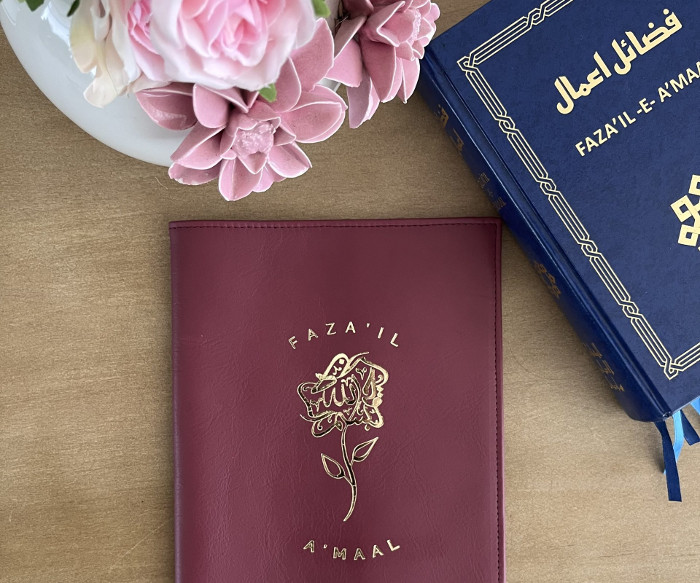
Rasulullah (sallallahu 'alaihi wasallam) Weeping the Entire Night
Rasulullah (sallallahu ‘alaihi wasallam) once kept weeping the whole night, repeating again and again the following verse in salaah until the time of fajr:
اِنۡ تُعَذِّبۡهمۡ فَاِنَّهمۡ عِبَادُکَ ۚ وَاِنۡ تَغۡفِرۡ لَهمۡ فَاِنَّکَ اَنۡتَ الۡعَزِیۡزُ الۡحَکِیۡمُ ﴿۱۱۸﴾
“(O Allah!) If You punish them, (then You have full right to do so, as) they are Your slaves (and the Master has the right to punish his slaves for their transgressions); and if You forgive them, (then You have full right to do so, as) You alone are the Most Mighty, the Most Wise (hence, You have the power to forgive, and since You are most Wise, Your forgiving them will conform to Your wisdom).” (Surah Maa’idah v. 118)
It is reported regarding Imaam Abu Hanifah (rahimahullah) that he also once wept the whole night, reciting the following verse of the Qur’aan Majeed (in Tahajjud):
وَ امۡتَازُوا الۡیَوۡمَ اَیُّها الۡمُجۡرِمُوۡنَ ﴿۵۹﴾
“Separate yourselves, on this day, O sinful people!” (Surah Yaseen v. 59)
This verse means that on the Day of Qiyaamah, the sinners will be commanded to separate themselves from the good people, and will not be allowed to mix with them as they were doing in the worldly life. Why should the people, with fear of Allah in their hearts, not weep in anxiety and worry regarding which class they will be joined to on that day – whether they will be joined to the sinners on that day or they will be joined to the pious?
(Fazaa’il-e-A’maal [English] pg. 38-39, [Urdu] pg. 29-30)
 Ihyaaud Deen An Effort to Revive Deen in Totality
Ihyaaud Deen An Effort to Revive Deen in Totality



